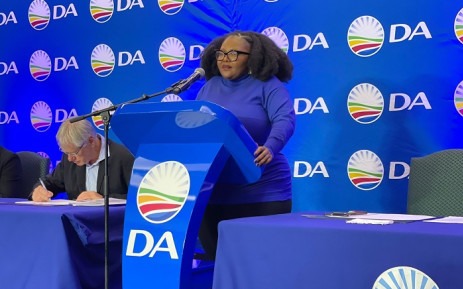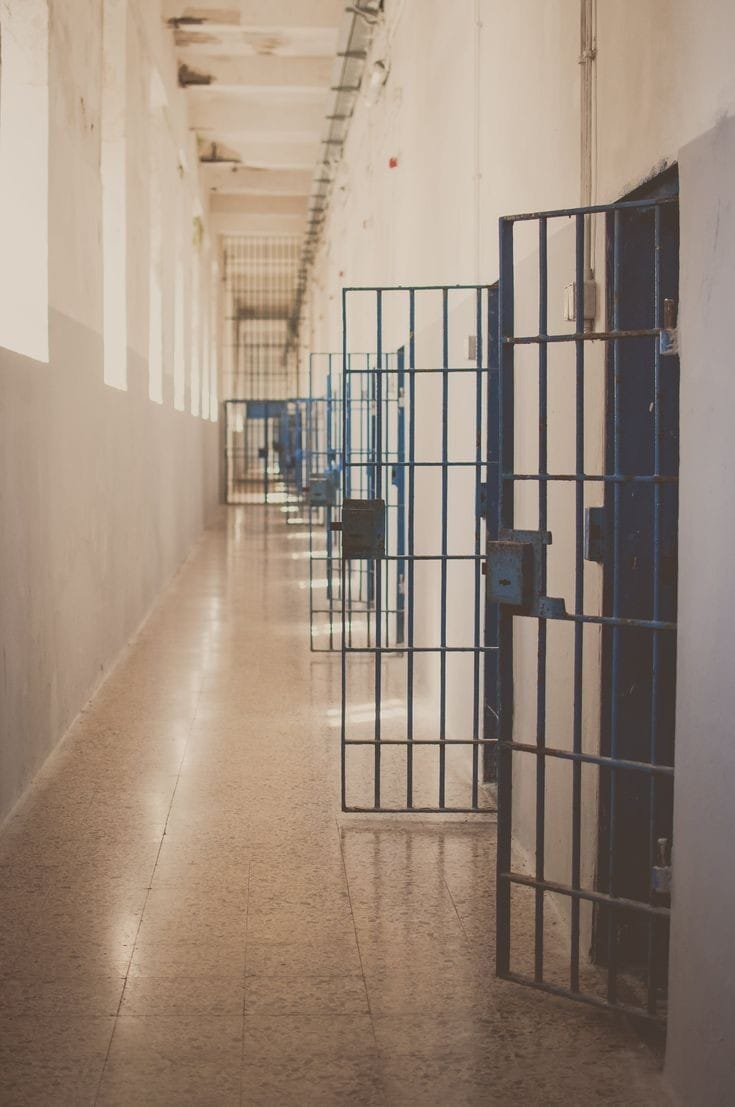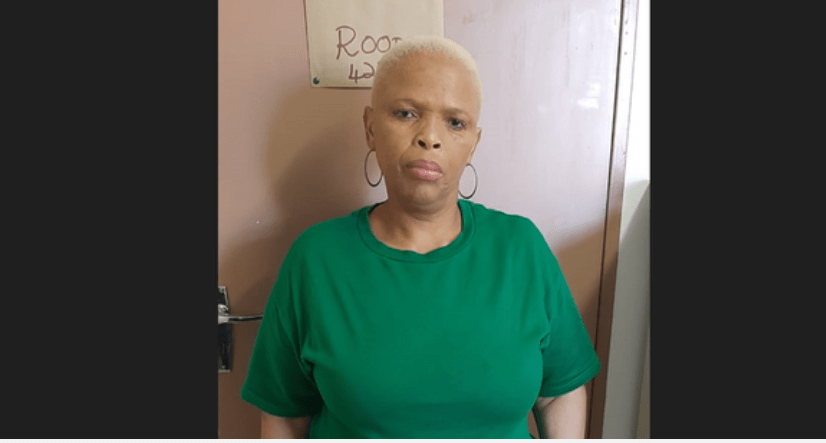The Democratic Alliance (DA) in South Africa has recently delivered a comprehensive review of the sixth Parliament, labeling it as an extension of its predecessor and asserting that it has fallen short in holding the executive accountable. As the current parliamentary term inches closer to its end before the impending elections, the DA’s scrutiny extends beyond legislative challenges to encompass the administration of Parliament itself. This critique, outlined by Chief Whip Siviwe Gwarube, highlights concerns regarding the abuse of executive powers during the lockdown, legal challenges to the Disaster Management Act, and a broader dissatisfaction with President Cyril Ramaphosa’s leadership. This analysis delves into the specific criticisms raised by the DA, shedding light on their perspective and the implications for South Africa’s political landscape.
Extension of Previous Failures: The DA’s contention that the sixth Parliament is merely an extension of its predecessor revolves around the perceived inadequacy in holding the executive accountable. This criticism implies a systemic issue that transcends party lines and points to a need for fundamental changes in parliamentary processes. As the political landscape evolves, it becomes crucial to assess the continuity of governance and whether promised reforms have materialized.
Legislative Challenges and Investigative Urgency: One of the primary concerns raised by the DA is the sixth Parliament’s struggle to pass essential legislation and conclude ongoing investigations. With the clock ticking towards the end of the term and elections looming on the horizon, the urgency to address these matters raises questions about the efficiency of parliamentary proceedings. Delays in legislative processes can impact the timely implementation of crucial policies, affecting citizens and the overall governance structure.
Scrutiny of Parliament Administration: The DA’s criticism extends to the administration of Parliament itself, highlighting issues such as a fire investigation and the salary of the secretary to Parliament. These administrative matters, though seemingly internal, underscore the broader need for transparency and accountability in parliamentary operations. The efficiency and integrity of the administrative machinery play a pivotal role in fostering public trust in the democratic process.
Executive Abuse of Powers During Lockdown: Chief Whip Siviwe Gwarube’s accusation of the executive branch abusing its powers during the COVID-19 lockdown raises concerns about the balance between executive authority and parliamentary oversight. The exceptional circumstances presented by the pandemic necessitated swift and effective decision-making, but this should not come at the cost of evading scrutiny. Balancing the need for decisive action with accountability remains a complex challenge for any government.
Legal Challenge to Disaster Management Act: The DA’s active legal challenge to the Disaster Management Act reflects a broader dissatisfaction with the government’s approach to crisis management. The outcome of this legal battle could have far-reaching implications for the scope of executive powers during emergencies. It also underscores the importance of legislative frameworks that strike the right balance between swift responses to crises and protecting citizens’ rights.
President Cyril Ramaphosa’s Leadership: A focal point of the DA’s critique is President Cyril Ramaphosa’s leadership, with claims that his promises of a “new dawn” and reform have not materialized. Specific grievances include the absence of legislation addressing critical issues such as economic growth, the energy crisis, and rising unemployment. This critique delves into the core of political leadership, questioning the ability of the president to translate promises into actionable policies that positively impact the nation.
Demand for Transparency: The DA’s call for President Ramaphosa to release performance appraisals conducted with his Cabinet reflects a broader demand for transparency in governance. This move signals an intent to scrutinize the decision-making processes within the executive branch, emphasizing the importance of accountability at the highest levels of government.
Information Requests and Broader Scrutiny: The DA’s plan to submit promotion of access to information requests to all government departments indicates a proactive stance in seeking transparency across the board. This approach goes beyond specific criticisms and demonstrates a commitment to holding the entire government apparatus accountable. As the party engages in a broader information-gathering exercise, it aligns with the principles of open government and public accountability.
The Democratic Alliance’s scathing review of the sixth Parliament sheds light on a range of concerns, from legislative challenges to issues within the administration of Parliament and broader critiques of executive authority. The intricate interplay between these factors underscores the complexities of effective governance and the delicate balance required for a thriving democracy. As South Africa approaches the next elections, the DA’s critique prompts reflection on the state of the nation and the trajectory of its political leadership. The outcomes of legal challenges and the pursuit of transparency through information requests will likely shape the narrative in the coming months, offering insights into the evolving dynamics of South Africa’s political landscape.









